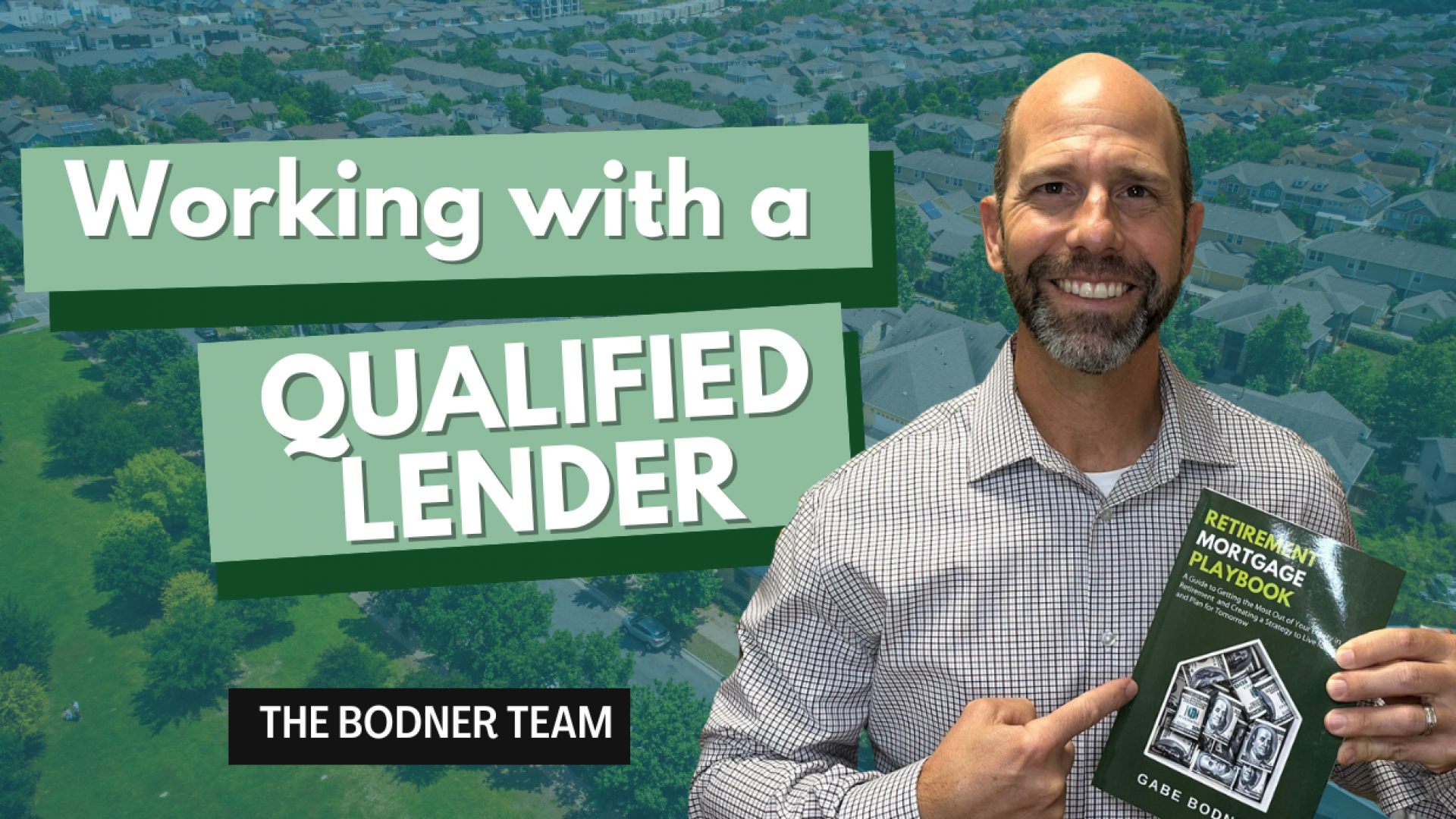Choosing the right lender to work with when applying for a reverse mortgage is a decision that can significantly impact one’s financial flexibility and peace of mind during retirement. Not all lenders are created equal, and many lenders simply do not have the proper knowledge to help guide clients through the process and to help clients beyond the loan closing.
Experience Matters
The significance of a lender's experience in the reverse mortgage sector cannot be overstated. A seasoned reverse mortgage lender brings a wealth of knowledge, offering nuanced advice and solutions tailored to the unique circumstances of each borrower. Their proficiency ensures a smoother process, from application to closing, helping one navigate the complexities of reverse mortgages with confidence. Not all loan originators understand the needs and challenges of seniors. Working with a reverse mortgage specialist is absolutely critical, this is a unique program and not all experienced lenders have the necessary knowledge or experience.
Comparing Your Options
Committing to the first lender you encounter might be tempting, but thorough comparison is key to securing favorable terms. Evaluate lenders based on their interest rates, fee structures, knowledge, experience, and the diversity of their reverse mortgage offerings. Choosing a lender who provides a spectrum of options demonstrates flexibility and a commitment to meeting the individual borrower’s needs. Most lenders who offer reverse mortgages are going to offer the same loan options and their rates and fees will be very similar. Lenders can offer various rates/ margins and loan origination fees. I do not recommend selecting the lender who offers the lowest rate/ margin or lowest origination fee, however. All loans have a cost and loan originators need to make a living. When comparing options, I suggest selecting a lender who offers a competitive rate and fees. With reverse mortgages, the lowest rate/ margin is not always the best option. Having a higher rate/ margin can offer a higher growth rate on your line of credit (LOC) and ultimately provide a larger LOC in the future. Therefore, working with a lender who understands the borrower’s needs and goals is arguably more important than the lowest rate or fee.
Local Expertise
The value of local expertise in a lender cannot be underestimated. A lender familiar with the local real estate market can offer personalized insights and services, enhancing the borrower’s experience and potentially leading to better outcomes. Local lenders often have a deeper understanding of how reverse mortgages fit into the broader economic context of the local community and typically have a better understanding of the local real estate market as well. Additionally, I cannot underestimate the value of being able to meet with the lender in person. Virtual meetings like Zoom and Google meetings can be a good alternative but in person is ideal. There can be a lot of numbers and options with reverse mortgages and having the ability to meet with the lender in person can greatly help to provide clarity and a better overall understanding of the reverse mortgage. It is also very important to establish trust with the lender and it is much easier to build trust when a borrower can look the lender in the eyes and shake their hand. Lastly, a local lender might even be able to come to the borrower’s home to meet with them. This will also allow the lender to see the home in person and help prepare the borrower for the appraisal. The lender can let them know of any potential health or safety concerns which can be addressed before ordering the appraisal.
The Importance of FHA Approval
Opting for a lender approved by the Federal Housing Administration (FHA) adds an essential layer of trust and security. FHA-approved lenders are qualified to offer the Home Equity Conversion Mortgage (HECM), the most popular type of reverse mortgage, which includes specific consumer protections and is the only federally insured option. This FHA lender approval indicates adherence to rigorous standards and regulations, ensuring that the lender is a reputable provider.
Selecting the right reverse mortgage lender is a process that merits careful consideration and research. By prioritizing experience, comparing options, valuing local expertise, and ensuring FHA approval, a borrower can choose a lender that not only offers competitive terms but also aligns with their financial goals and values their well-being.





